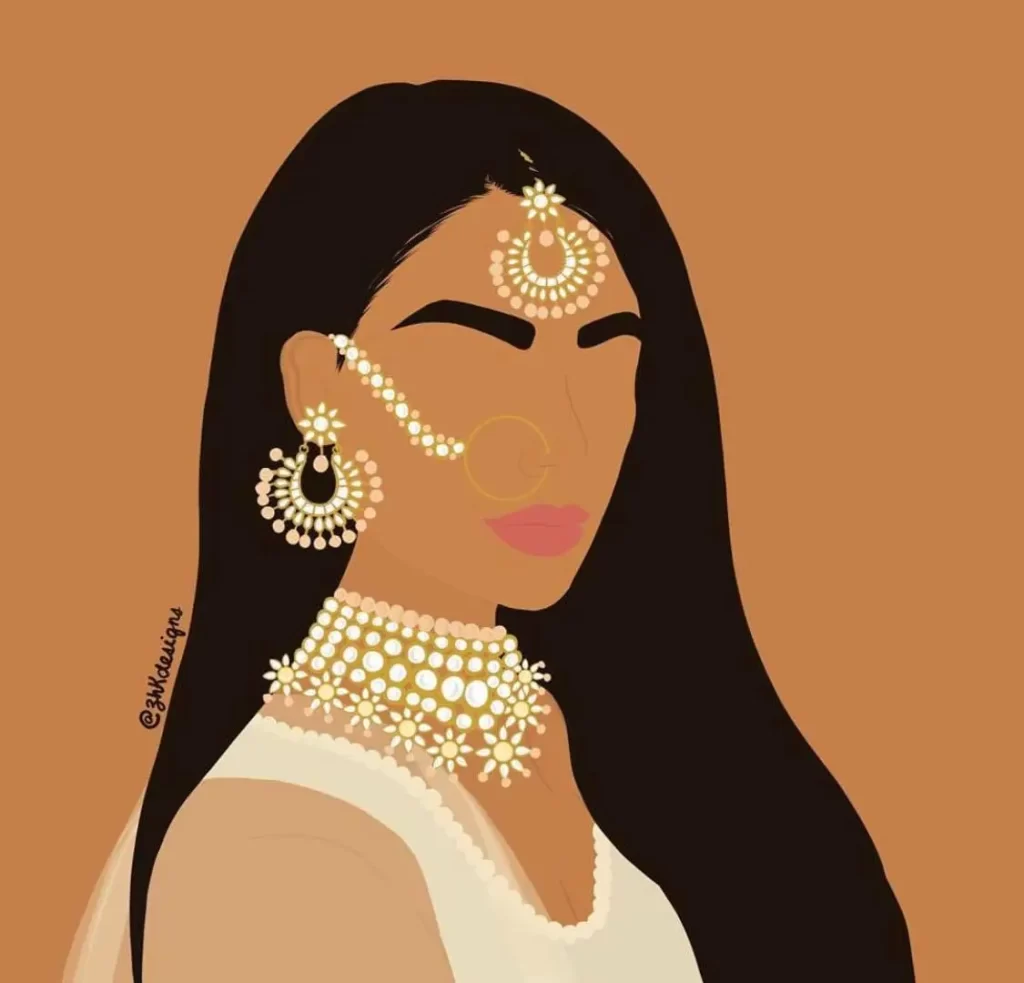
I was 9 years old when I first learnt about a woman’s menstrual cycle, a lady had come into our school to teach all the girls in our cohort about periods. I’d never heard of the term ‘periods’, the possibility of blood being released from my vagina scared me, it seemed like such a big deal, but how had my mum never mentioned it? How did she keep her periods a secret all these years? Most importantly, how did I never know this was a process her body was undergoing every single month.
I am now a 20 year old Culturally and Linguistically Diverse (CaLD) woman living in Western Australia, hoping to share a slight insight of how the topic of menstruation exists in my ethnic home.
Amongst many topics in ethnic households, periods are one that is usually never openly discussed. The deep-rooted social stigma that surrounds periods often restricts girls like me from having comfortable and informative conversations in safe spaces, adding to the culturally created illusion of menstruation being inherently ‘shameful’ or ‘dirty’.
I still remember when I first got my period, I didn’t have any pads on me so had to tell my older sister who then secretly gave me a pad. Even when I got my period, I still didn’t have any form of conversation with my mum, everything remained unspoken. A couple months into me entering womanhood is when I started experiencing severe dysmenorrhea, the medical term for menstrual cramps caused by uterine contractions. As a result of this, every single month for almost 3 years I would find myself back in the hospital, on drips and medicated on strong drugs. During my frequent hospital visits, my dad never knew the real reason as to why I was sick, he was never given an explanation, only told that I was ‘unwell’ because periods were simply something not to be discussed under any circumstances.
You’ll never hear the term ‘period’ said aloud in our house, my sisters and I will whisper about it when need be or alternatively use safe code words or phrases to communicate, such as ‘pineapples’ (periods), ‘time of the month’ or ‘I’m on my days off’ (I’m on my period). You’ll never find a pad lying around or in any random draw, they’ll be hidden so well that no one, specifically my dad and brother, will ever stumble across it. When taking our pad to the toilet, we’ll hide it in our pockets to ensure no male sees a pad on us and consequently know we’re menstruating.
There’s so much taboo constructed around periods, woman’s health and how society views menstruation. This has been successfully carried through the generations whether we live ‘back home’ or here in Australia. Whether it’s culturally perceiving it as unclean and embarrassing or religiously classifying it as ritually impure, menstruation is a topic that is not discussed enough in my ethnic households and many others, due to the common belief that it’s something that should remain hidden.
To have these open conversations with our young women regarding their menstrual health is paramount. While I was able to turn to various sources for my information, it saddens me knowing there’s girls out there who will fall under societal taboos that periods are indeed something to be embarrassed about and conceal from the world. Women’s bodies are so resilient and endure so many different processes, its vital we take care of our health to the best of our abilities and this will only be possible when we start having these fundamental conversations.
If you are looking for a culturally inclusive and youth friendly womens health provider check out our referral guide for services in Perth Central, North, South and East https://theyepproject.org.au/resources/referral-resource-2020/
Signed: Anonymous

